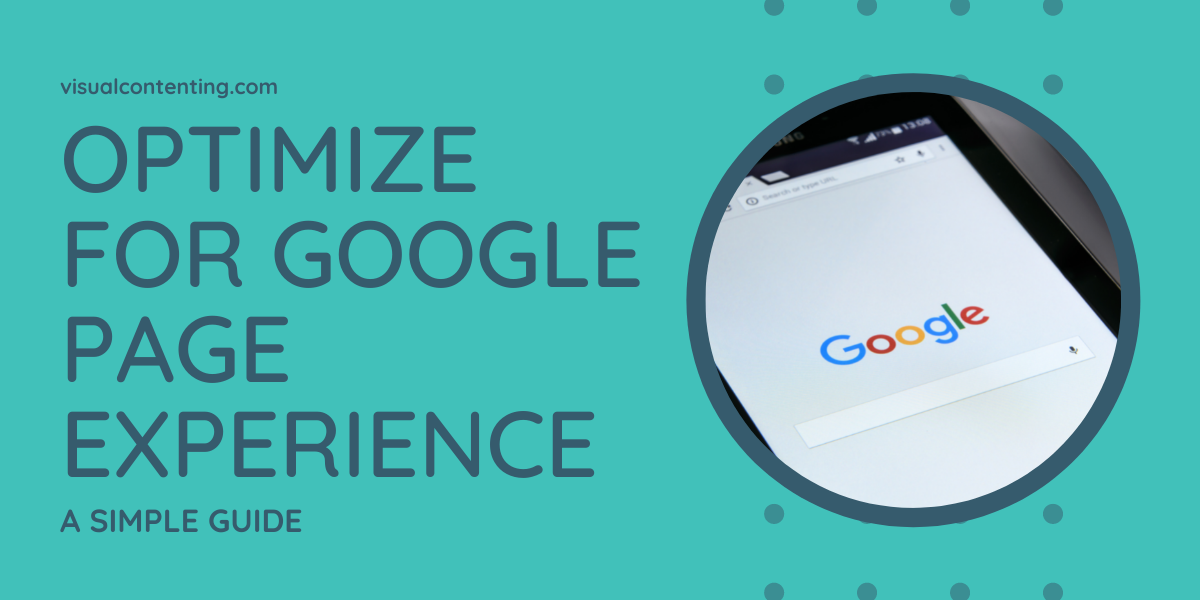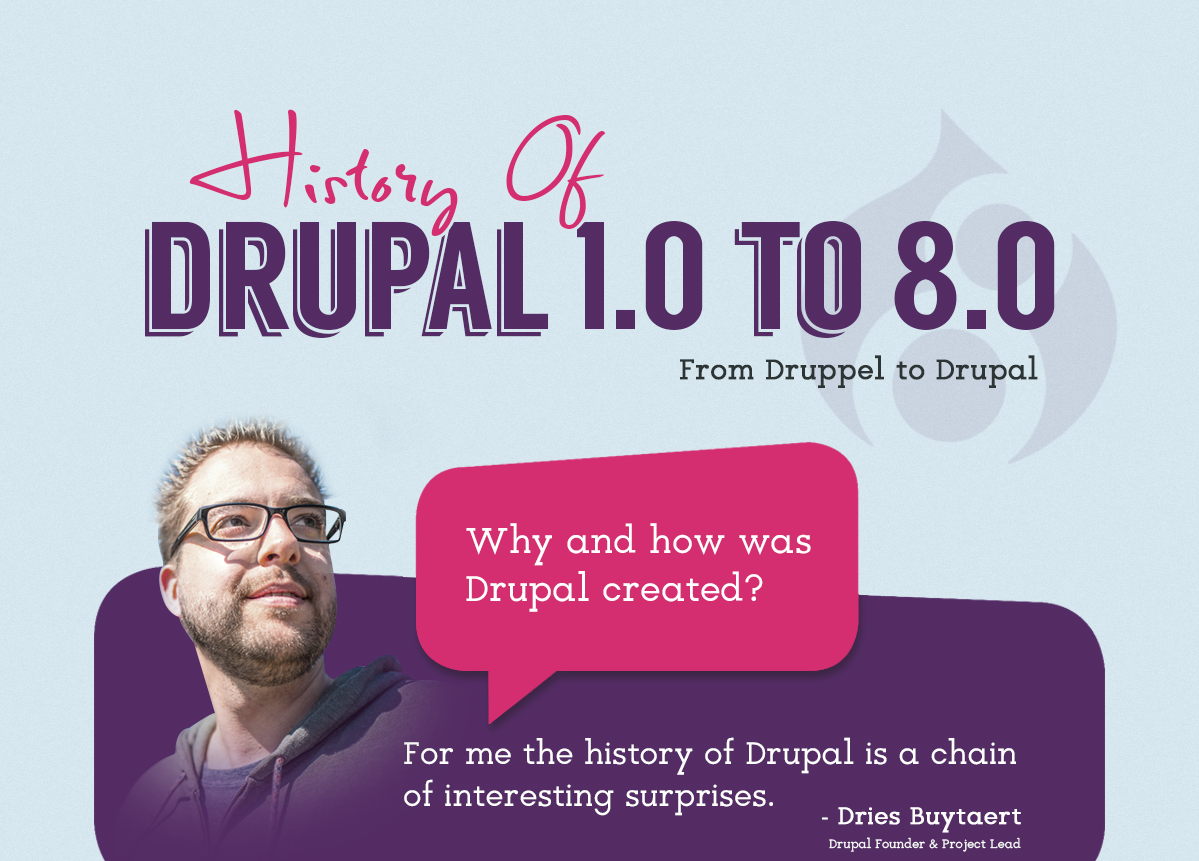
In the great big world of CMS (Content Management System), WordPress is numero uno, a phrase which means “much-loved for its’ welcoming user-interface and usefulness, and these are just two of the reasons why it is considered as a blogger’s favorite.” The only question left to ask ourselves is—how exactly do I create a marketable blog site using WordPress? This article will cover the aspects of creating quality content on your site and ways on how to make your site professional, as well as being mobile-friendly.
Set a Firm Foundation
For many of us, building a website is perhaps one of the biggest, as well as the most significant things we can do for our book, brand, product, or business. Yet, time and time again, it is amazing how many folks will jump headfirst into a project of exceptional importance with little to no knowledge of what it takes to truly build an excellent website that is not only aesthetically pleasing, but intellectually pleasing as well, with contents that are both fresh and original, and a delight to read. As a result, they end up with websites that are mediocre at best.
This does not only apply to design—although it is an item of importance—but it is more about the goals, the webmaster’s mission and understanding certain principles that go into creating something that isn’t about you, but about your user because in the end that is the only thing that truly matters.
Begin the building blocks of the perfect website by laying down a firm foundation. Establishing a web presence—even if it is, initially, in the form of a bare-bones blog alongside a minimalist template is actually one of the most important things that you can do to give credibility to your business. Whatever method you choose to establish your business online, there are things that you should never forget, namely: the basics, the importance of functionality, and of course, the content.
To begin, you should understand the advantages of creating a blog using WordPress.
Easy, Powerful, Popular
With WordPress, you can make changes to the website by yourself, without having to know any real HTML coding. You can add pages, products, images, blog posts and even edit your current content using WordPress’s friendly interface.
WordPress also initially offers a large variety of themes that can be utilized to build your website. When you begin with a theme that’s already pre-made, you significantly eliminate the amount of time it takes to build a website. And if you can’t find a theme design that you like, you can always search for a graphic artist who will be willing to create a custom WordPress theme for you.
In the smartphone industry, the iPhone is a device that offers a lot more apps over the Blackberry, WordPress is a website that offers more paid and unpaid themes and plugins than any other Content Management System. What this means is that when you want a certain feature added to your blog, there is a good chance that there’s a plugin that exists for it.
Out of all the available blogging platforms, because of WordPress’ ability to create professional-looking websites with minimal effort, it still remains very popular over other websites. Additionally, WordPress offers great search engine optimization tools that make creating your own on-site SEO a painless and simple affair and also.
Have a Happy Homepage
As the very first thing your reader sees, the homepage is a very important component of your customer’s entire experience on your website. If you fail to make your homepage aesthetically pleasing and engaging, you may as well forget about your entire website. A homepage is the most important page on your website that must deliver on only one promise. Don’t worry about your navigation—that will send your visitors into different areas of your website.
Your homepage should deliver on your promise. People decided to visit your website because they have a specific reason. If you are a motivational author, then you have books, give lectures and you might even have a newsletter and these items center around one thing: motivation. So if somebody lands on the homepage of your website and only sees you—an “about me” page, perhaps some miscellaneous entries on what you’re up to or how you’re doing—while those are all good, the problem is, that is not your promise. One of the largest (and sometimes, even harshest) lessons of website design is that you are creating this blog, this website because you want to serve as a platform for your consumers, not your own.
A good rule to remember is that aside from your parents, and some of your closest friends and associates, nobody really cares about you—just what you can do for people, and how good you are at doing it. If your homepage is packed with things that aren’t about your personal brand, your customers may lose interest and leave your site too quickly.
Build your online presence through different strategies like email marketing, use your blog to send a message about the services you can offer—whether it is in the field of marketing, advertising or even journalism—and potential customers will sense the passion behind your words and photographs, and even feel the elation you do when you successfully write lines of code, if that is something you are particularly passionate about, which can also lead you to becoming a more positive, and better blogger.
Professionalism and being unique are the keys for being a legitimate business blogger. You also need to know your target market, know the right keywords, and you should know the product you are advertising/selling like the back of your hand.




